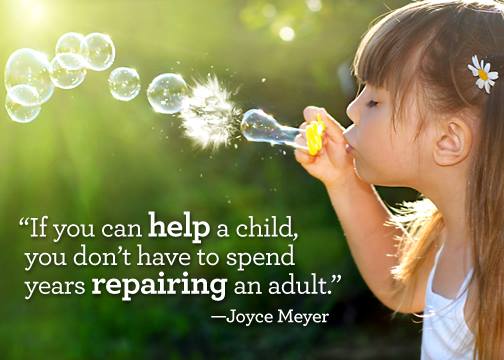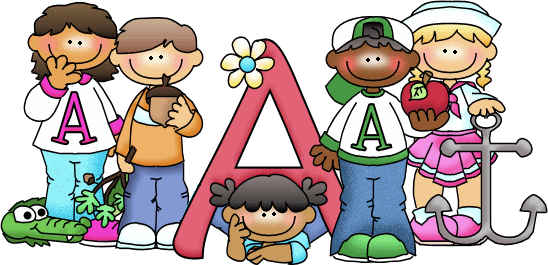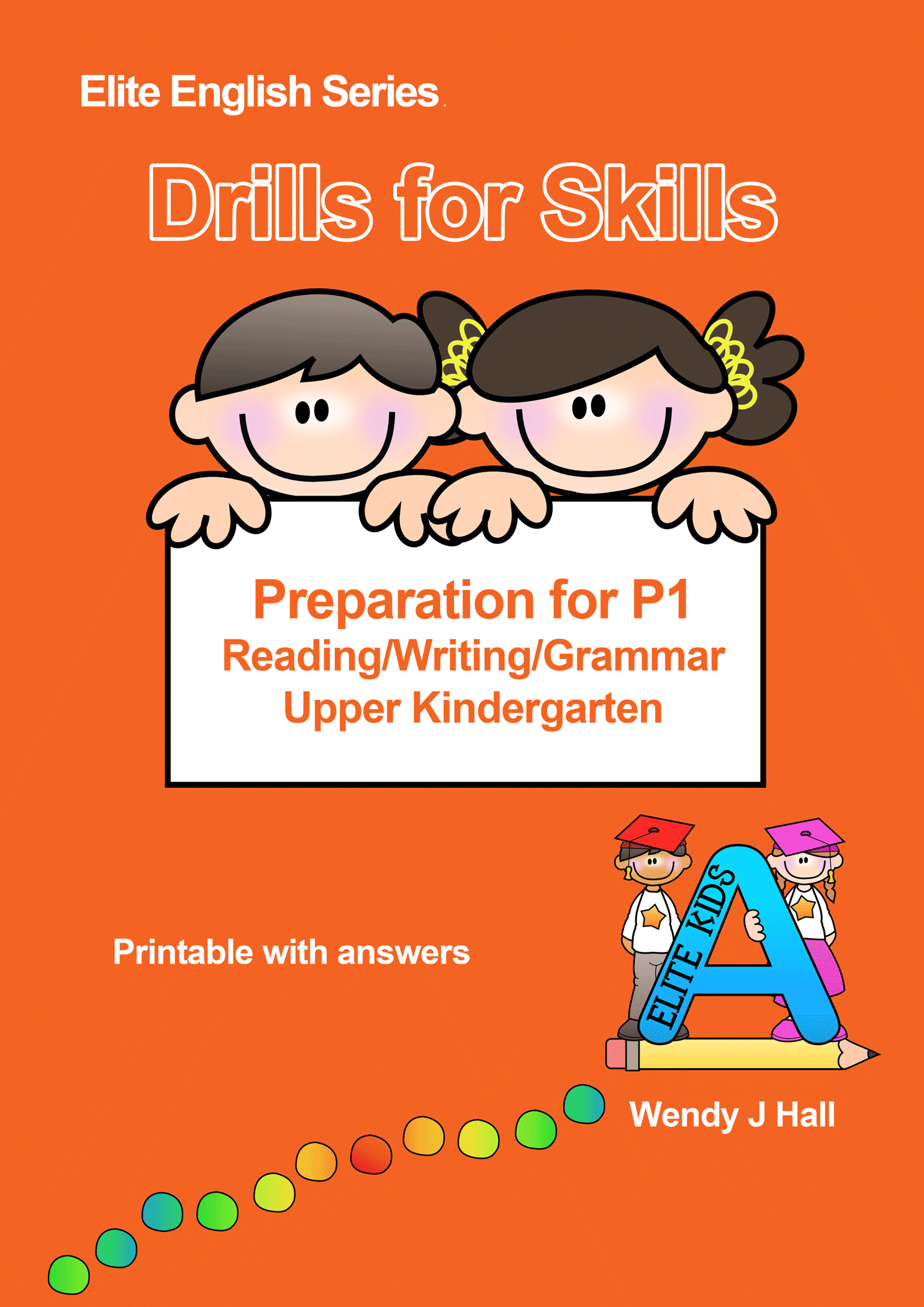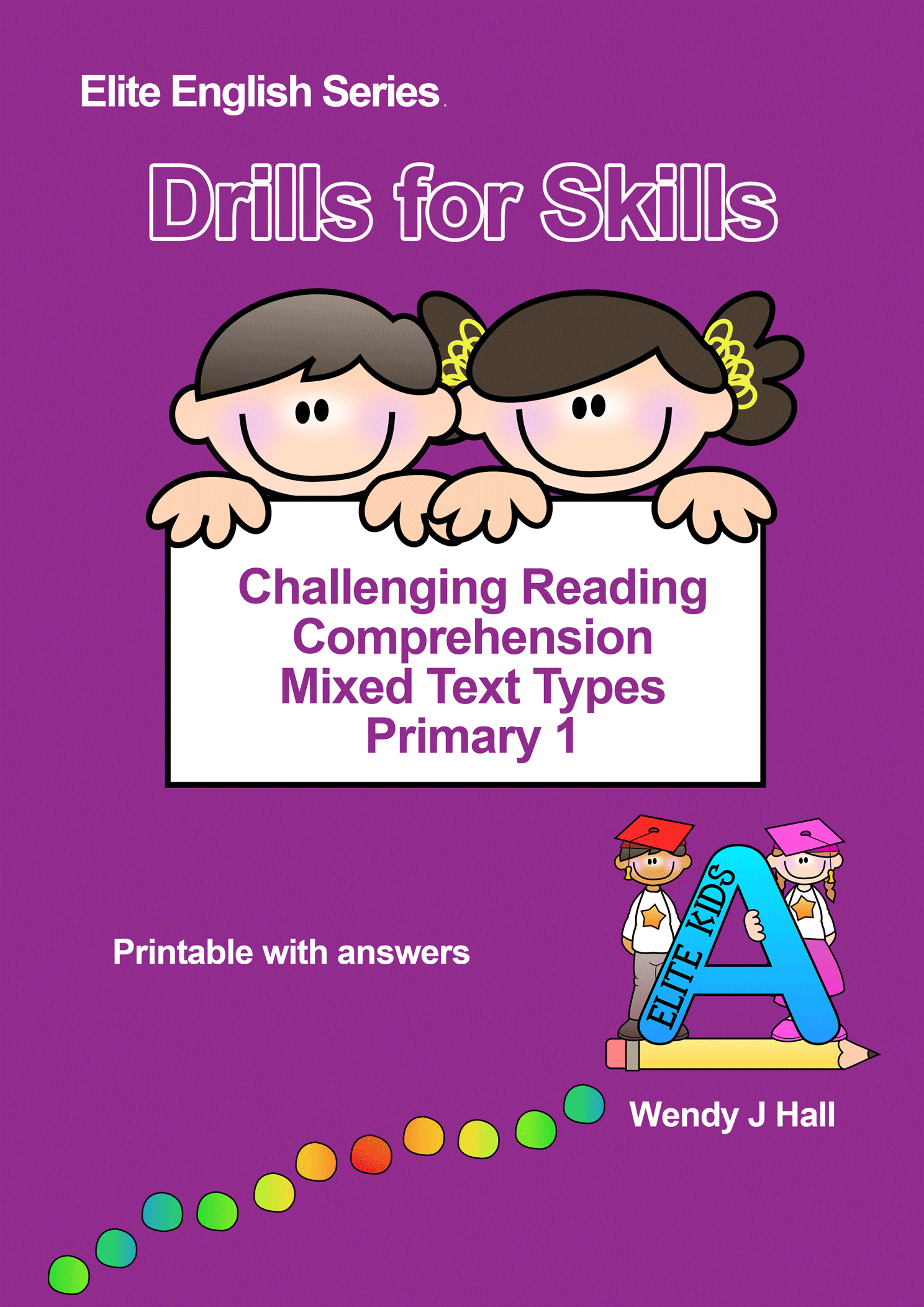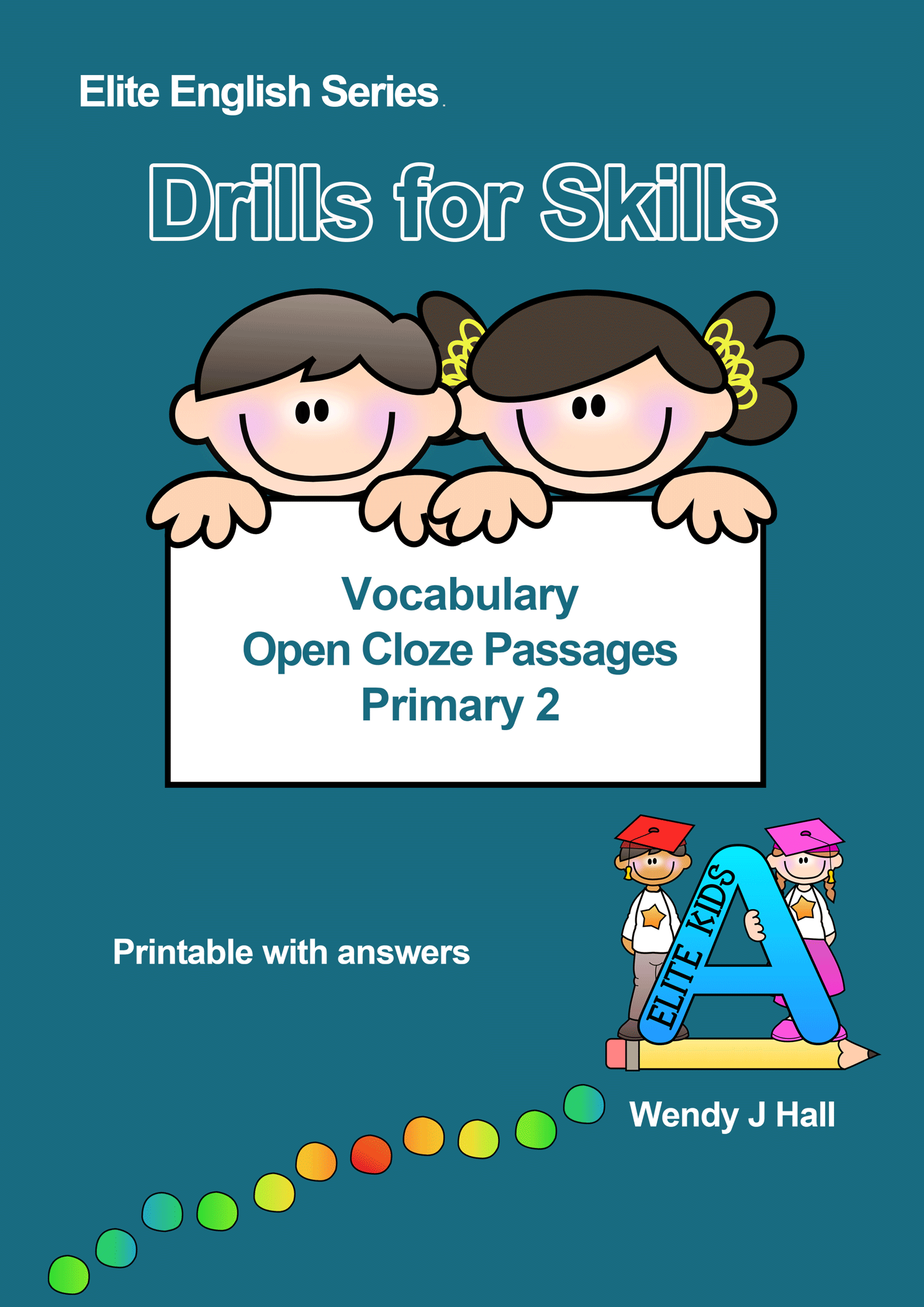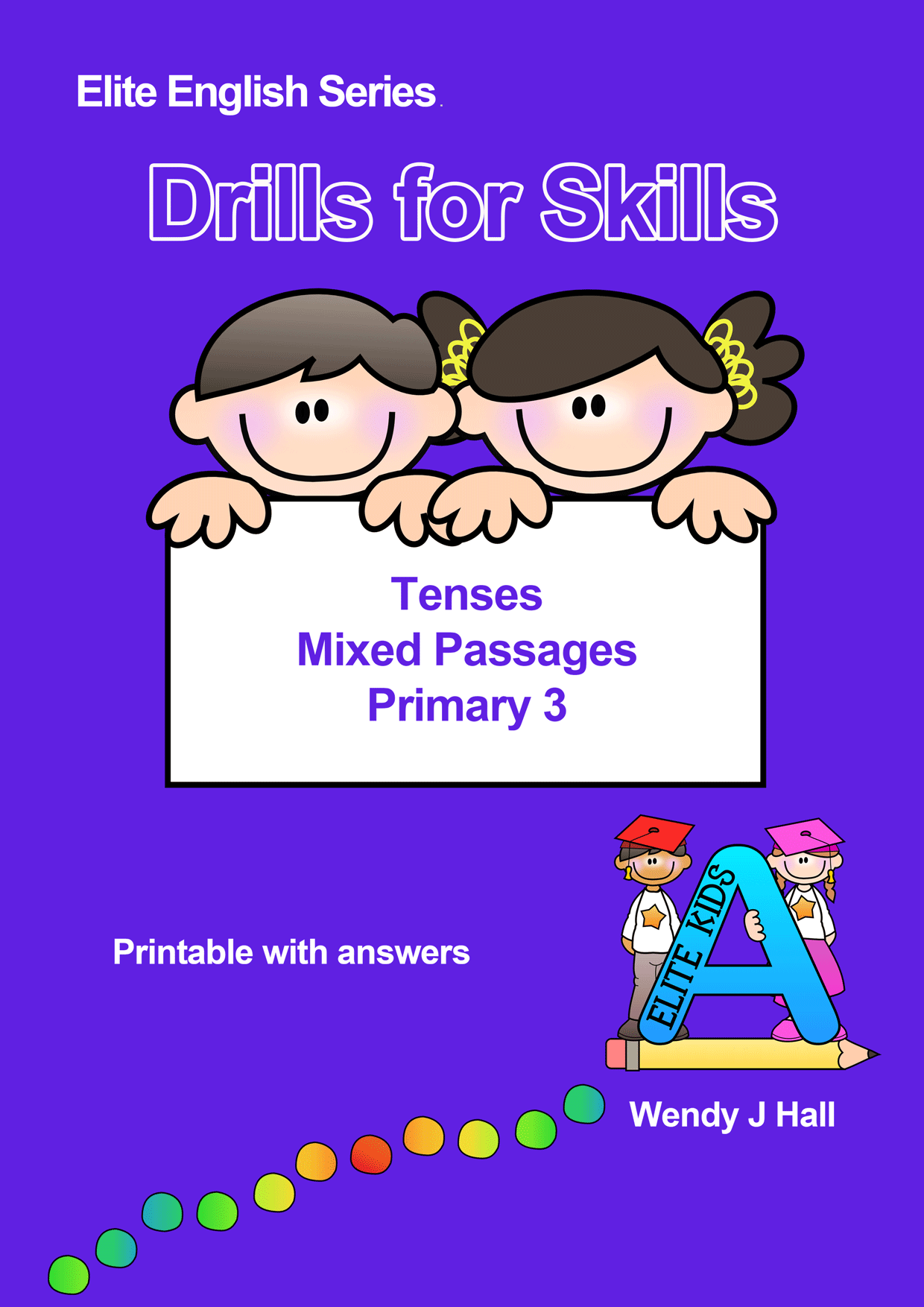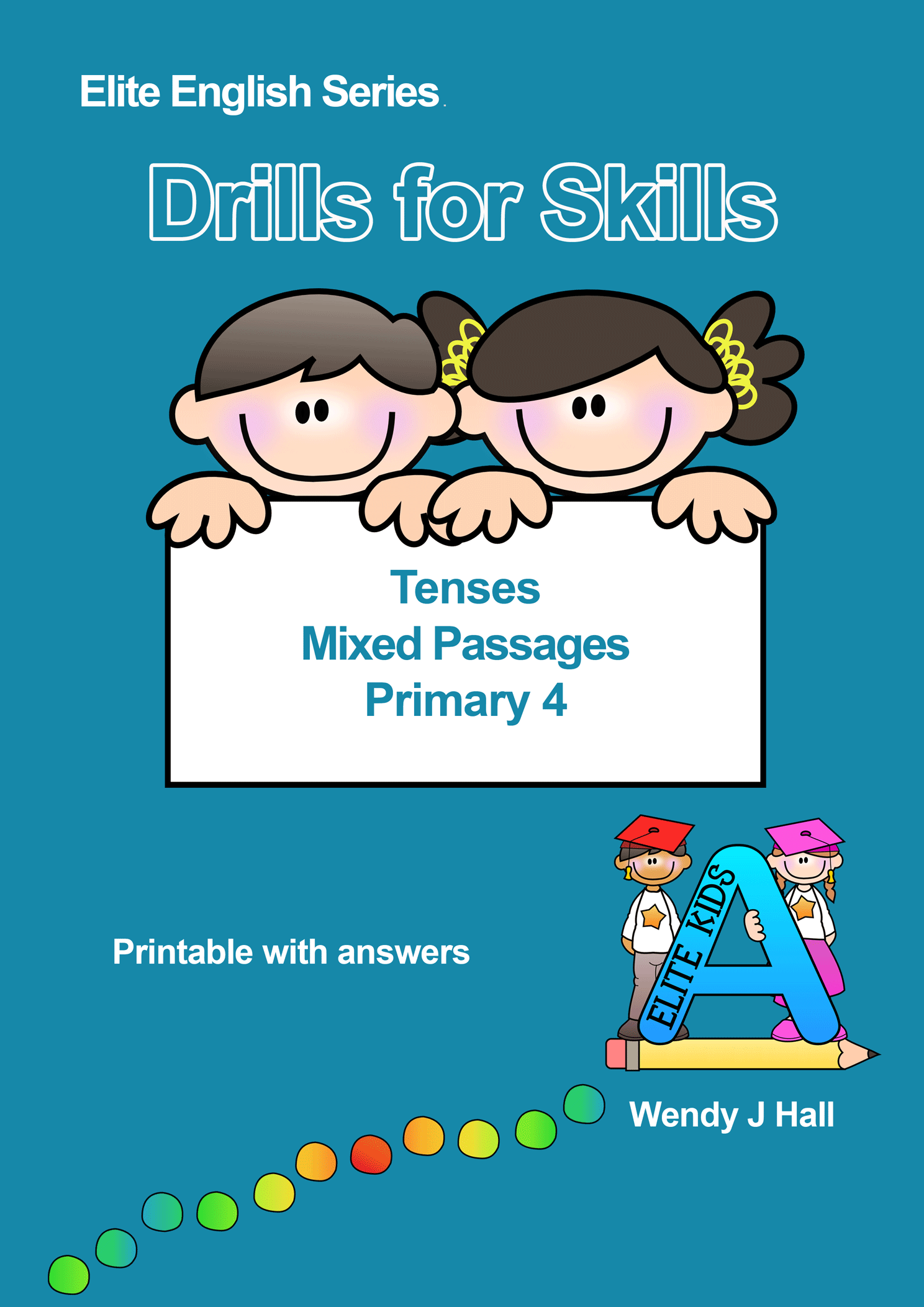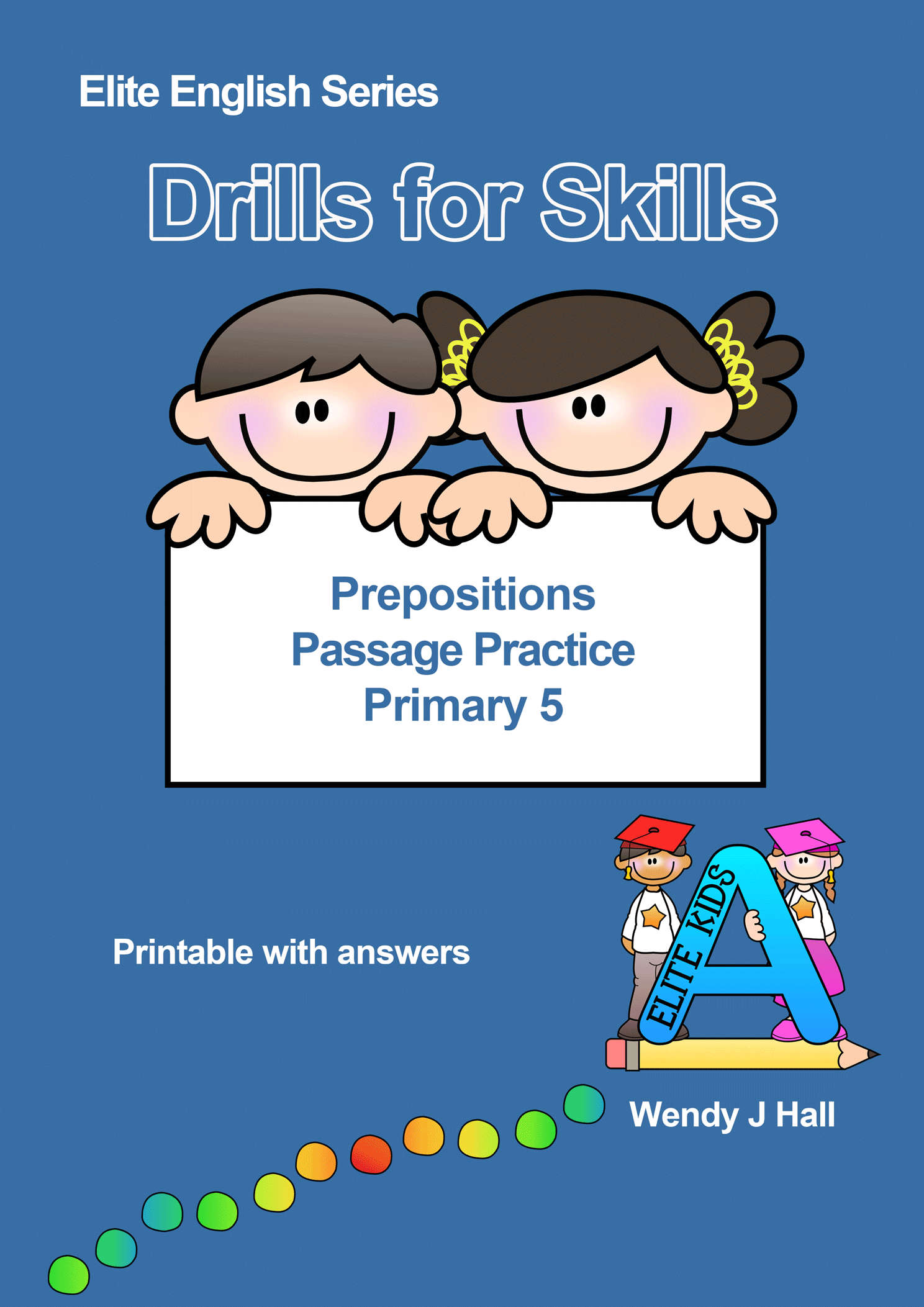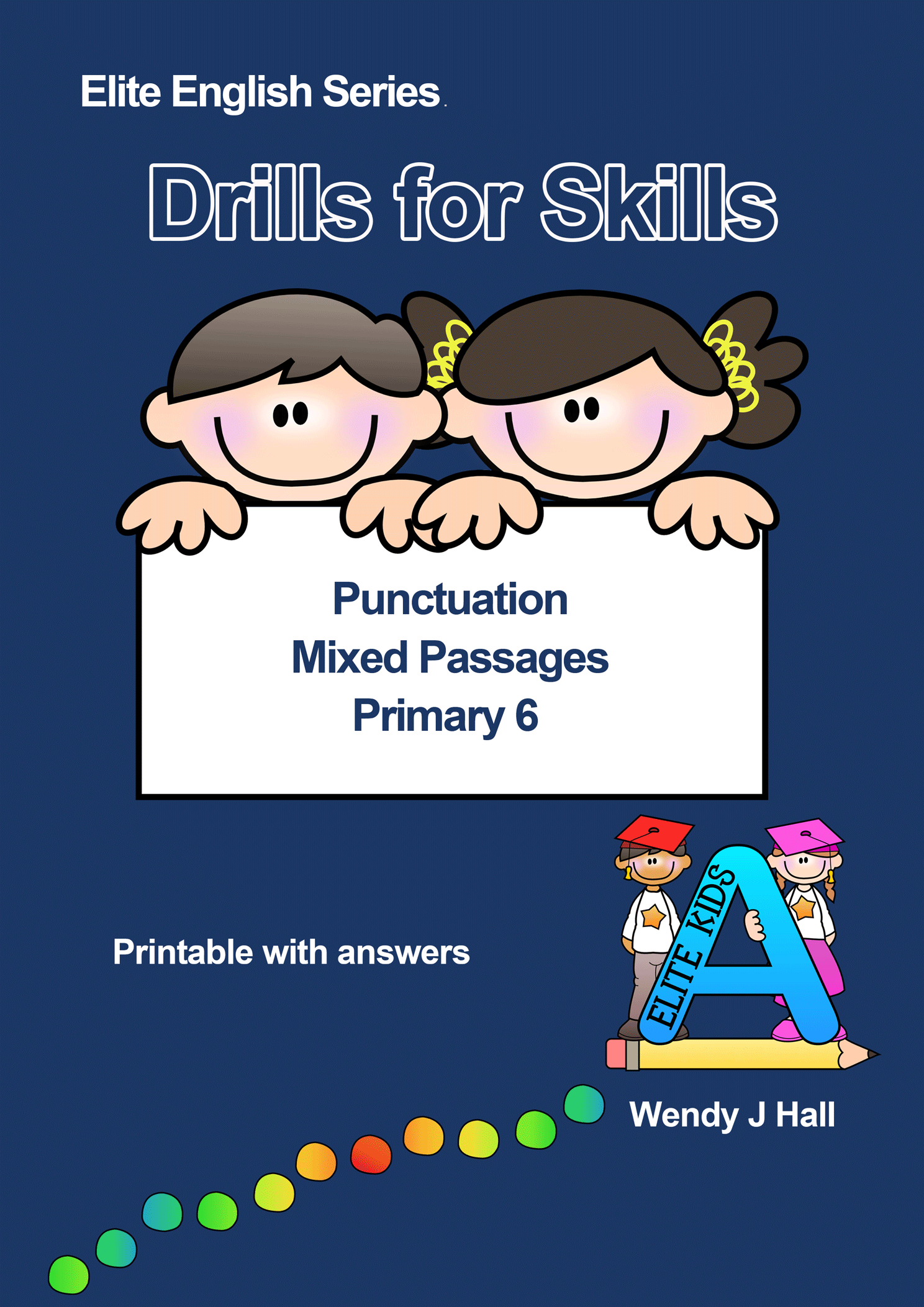Practical advice for raising your child in a bilingual environment with rich exposure to English.
1. Make bilingualism a family choice
It is vital to ensure that everyone in the family agrees with the decision to raise a child with more than one language. If one parent or another family member feels uncomfortable about speaking English at home, it can seriously hinder the child's acquisition of English. There is a danger of the child linking the English with arguments and negative experiences. Also, make sure that both Chinese and English are given equal respect.
2. Carefully designate the parent or family member/s who will use English to communicate with the child
This decision should be made with a few factors in mind. Firstly, it is important to model good English. Be honest with yourself. If you are not confident about your own English proficiency, your child will pick up on it and also feel hesitant. The person with the strongest English should be chosen for the role to avoid the child copying incorrect pronunciation or grammar. It can be an aunt/uncle or a grandparent.
If there is nobody in the household with good English, see the strategies below under key point 4.
3. Develop a consistent strategy
This is essential. Whatever choices you have made about which parent/family member/s speak which language must be strictly followed. If there is no consistency, two situations will arise. Firstly, the child will be confused. Secondly, the child will use the mother tongue instead of English.
Many families hoping to go bilingual make the mistake of trying out different methods but never deciding which one to stick with. It has been proven in studies that children acquire languages most effectively in a consistent environment.
4. Ensure adequate exposure
Studies have shown that children need exposure to the second language at least 30% of the time. If this is not possible in the day-to-day conversation at home, you can supplement it with additional exposure through:
- outside programmes run in English (such as playgroups)
- sessions with a native English speaker (these are proven to be the most effective in developing elite English skills with correct pronunciation)
- daily TV/movie time in English. There are some excellent English TV channels, such as Animal Planet or Disney
5. Adopt a positive reinforcement strategy
Avoid correcting your child. Leave this to the teachers! Encourage your child to experiment with the language and take risks. If you constantly point out mistakes, your child will lose confidence. NEVER use English as punishment because it will form negative associations in the child's mind. Reading English books and watching English TV should be an enjoyable experience rather than a chore.
6. Read, read and read...
The more English books your child reads, the better his or her proficiency will be. Books model correct grammatical structures and introduce new vocabulary.
7. Separate English materials from Chinese materials
Use separate book shelves or cupboards. Invite your child to choose one of each rather than one or the other. This gives the message to the child that both languages are equally important.
8. Make the most of technology
Utilise the wealth of online resources available to make learning English fun. Computers are part of life nowadays and although you don't want your child to sit in front of the screen all day, there are many excellent resources such as games. These work best when you sit beside your child. For older children, e-book readers such as the Amazon Kindle are excellent (again keep the English one separate from the Chinese one).
9. Enrol your child in immersion programmes
For older children, these include camps overseas and study tours. For younger children, playgroups with native speakers are excellent.
10. Respect your child's natural predisposition
Most children will favour one language over the other. It is perfectly normal. The main thing is never to use either language as a punishment.
"I am soooooo touched by the thoughtfulness and recognition that you bestowed upon Anthony. I have to say your love and dedication for students is unfathomable, and I can see God's grace in how you steer your students through their challenges, pursuits and most importantly, difficult times. "
-Edna (Parent of 3 students)
"Education is not about filling a bucket, but lighting a fire! "
- William Yeats
